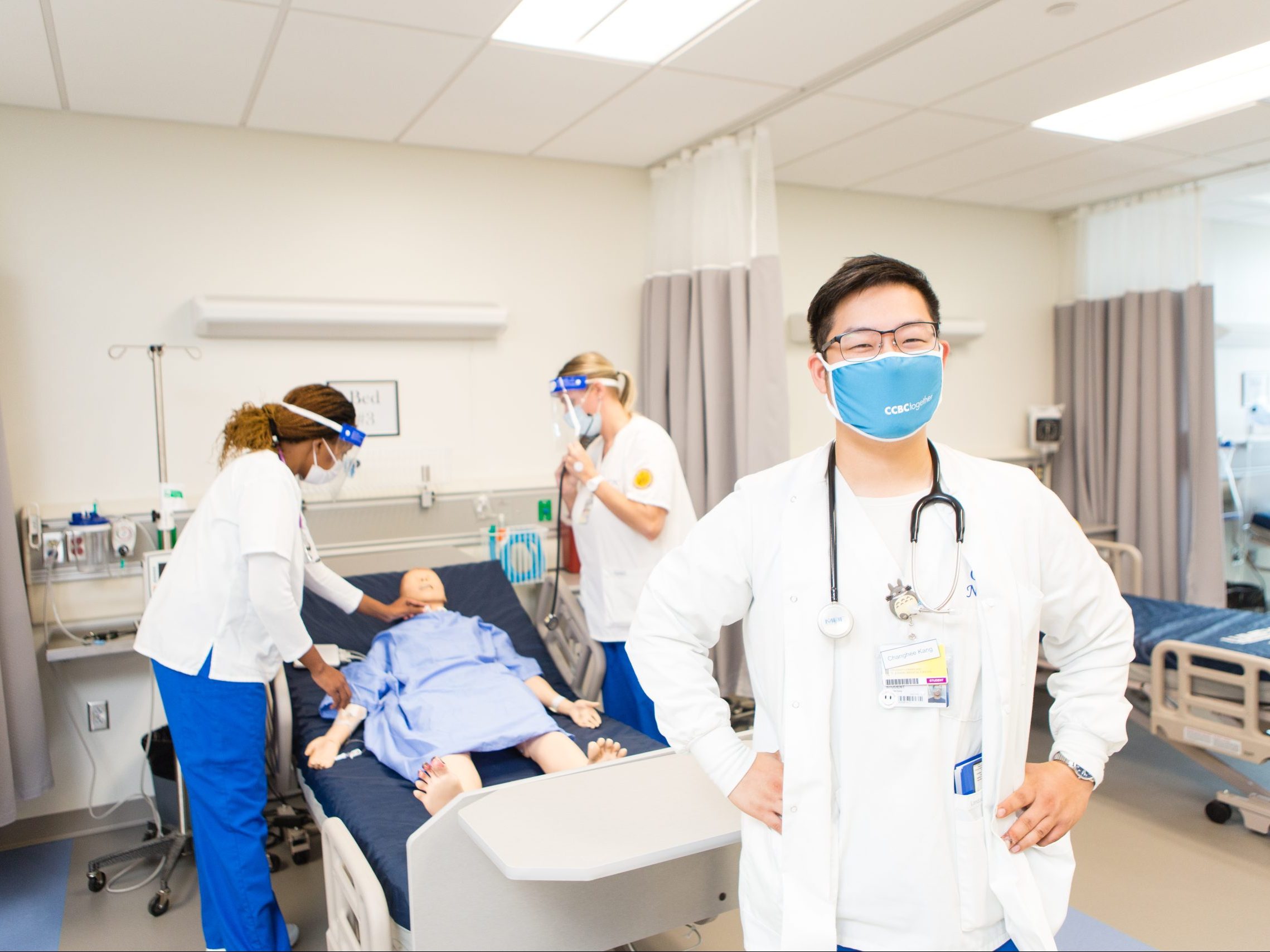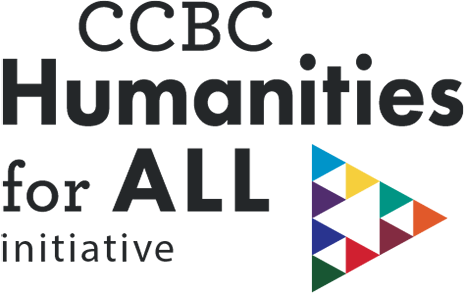
Digital and Medical Humanities
There is sometimes a common misconception that traditional STEM subjects such as math or technology are not compatible with the humanities. This couldn’t be further from the truth. At CCBC, we constantly find connections and similarities between the humanities and science-based studies and encourage our students to do the same. Let’s look at both digital and medical humanities and how they can be studied here at CCBC to complement your chosen academic pathway.
Humanities, as you may have discovered (or are yet to discover!) are about learning the human condition. This can involve so many factors, especially since science and the digital world are evolving at unfathomable speeds. For instance, the concept of digital humanities: what is that? According to The British Academy, digital humanities are “at the leading edge of applying computer-based technology in the humanities.” What that means is, we are looking at ways in which we can use digital mediums such as computing to improve our knowledge of the human condition. One example is how technology helps us to restore old paintings, photographs, and even texts. We no longer have to guess why or how things used to be; instead, we can use technology to help give us a more accurate picture of the subject.
The same can be said for medical humanities and how technology and medical applications can help, well, humanity!
Last year at CCBC, we hosted Kirsten Ostherr, Ph.D., MPH, Director of the Medical Humanities program at Rice University during our Honors Distinguished Lectures. She is currently leading a digital health humanities project called “Translational Humanities for Public Health” that identifies humanities-based pandemic responses from 23 countries around the world to document and help others build upon these creative efforts. In fact, during her lecture, one of the questions raised was whether the pandemic would have gone differently if humanists had been part of the frontline emergency response. Her answer was, “the most damaging inequities that vulnerable individuals and communities have suffered during the pandemic would have been lessened by direct humanities involvement at the front lines.”
One such example Kirsten shared was the use of Telehealth to protect patients and medical staff and how Artificial Intelligence chatbots helped triage patients whose needs were not acute, but still needed help/advice. This ties in with digital humanities — using technology to serve the human condition by helping those that wanted to seek medical help, but couldn’t due to COVID cases being high and the rate of infection critical. Actions such as these allowed individuals to seek medical help while mediating the surge of transmissions,
When it comes to digital and medical humanities, experts like Kirsten want students to know that the first step is for them to understand technology, medicine, and humanities go hand in hand. They can complement each other and help us find ways in which humans can benefit from technological (and medical) advancements, instead of trying to fight this wave of digitalization.
At CCBC, we want our students to have access to the big picture in all that we learn, and we encourage them to ask questions, raise concerns, and take part in discussions. Some of the humanities courses we offer that provide room for such conversations include CSIT 120 – Diversity in a Technological Society; PHIL 240 – Introduction to Ethics; and CMNS 101 – Fundamentals of Communication. If you’re interested in learning how the humanities can shape your view of the world, connect with us. We’ll be happy to help!

